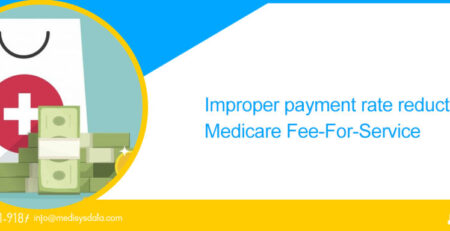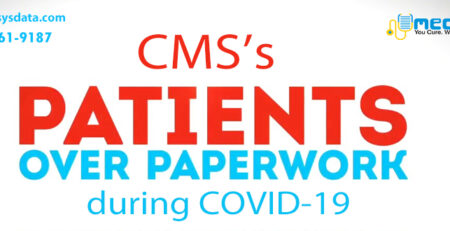The department of Health and Human Services has extended the national public health emergency declared for pandemic, as a part of their work to support frontline healthcare providers who are fighting with COVID-19. It also extended COVID-19 payment and regulatory flexibilities granted during the period. HHS has implemented vital Telehealth payment and coverage flexibilities during the pandemic.
The new declaration will extend the public emergency for next 3 months, according to the Public Health Service Act.
“Today I signed a renewal of the COVID-19 national public health emergency declaration. The Administration will continue its whole-of-America response to ensure Americans can get the care they need throughout the pandemic.,” HHS Secretary Alex Azar said in a tweet on July 23.
Flexibilities during Emergency
Medicare payment and billing changes
HHS always supports healthcare providers. Recently they have released a wide range of waiver and regulatory flexibilities to providers during the pandemic. One of flexibility is Medicare payment and billing changes that aim to cover the funding shortfall of many organizations during pandemic.
- Medicare will pay 20% add-on payment for inpatient hospital COVID-19 patients
- Medicare also released long term care hospital (LTCH) site neutral payment policy waiver for COVID-19 patients during the emergency period
- The LTCH “50% Rule
- Inpatient rehabilitation facility “3-Hour Rule.”
- Expanded coverage of Telehealth services delivered to Medicare beneficiaries in a wider range of location
The department also allowed for higher repayment rates for the new Telehealth services.
With the newly extended public health emergency, however, providers have at least another couple of months to take advantage of these waivers and flexibilities to support their pandemic response efforts.
“This action will allow us to continue our efforts to ensure that hospitals and health systems are using every tool available to respond to COVID-19,” Rick Pollack, president and CEO of the American Hospital Association (AHA), said in a statement.
Goal of CMS Flexibilities
Medicare’s increased access to Telehealth will ensure patients have access to physicians and other clinicians while keeping patients safe at home.
Expand in-place testing to allow for more testing at home or in community-based settings.
Put Patients Over Paperwork to give temporary relief from many paperwork, reporting and audit requirements so providers, health care facilities, Medicare Advantage and Part D plans, and States can focus on providing needed care to Medicare and Medicaid beneficiaries suffering by COVID-19.
CMS is waiving the requirements of 42 CFR §484.58(a) to provide detailed information regarding discharge planning, to patients and their caregivers, or the patient’s representative in selecting a post-acute care provider by using and sharing data that includes, but is not limited to, (another) home health agency (HHA), skilled nursing facility (SNF), inpatient rehabilitation facility (IRF), and long-term care hospital (LTCH) quality measures and resource use measures. This temporary waiver provides facilities the ability to expedite discharge and movement of residents among care settings. CMS is maintaining all other discharge planning requirements.
Medicare Telehealth and Telecommunications Technology
Home Health Agencies (HHAs) can provide more services to beneficiaries using telecommunications technology within the 30-day period of care, so long as it’s part of the patient’s plan of care and does not replace needed in-person visits as ordered on the plan of care. We acknowledge that the use of such technology may result in changes to the frequency or types of in-persons visits outlined on existing or new plans of care. Telecommunications technology can include, for example: remote patient monitoring; telephone calls (audio only and TTY); and 2-way audio-video technology that allows for real-time interaction between the clinician and patient. However, only in-person visits can be reported on the home health claim.
The required face-to-face encounter for home health can be conducted via Telehealth (i.e., 2-way audio-video telecommunications technology that allows for real-time interaction between the physician/allowed practitioner and the patient).
The AHA previously called on HHS Secretary Azar to extend the public health emergency in a June 19th letter expounding the benefits of waivers and flexibilities during the pandemic. The Association also recently advocated for the permanent implementation of certain waivers and flexibilities, including expanded Telehealth coverage and payment, elimination of specific practice limitations on nurse practitioners, site-neutral payment exceptions, and the scaling back of Medicare Conditions of Participation.
“The declaration of a public health emergency has given hospitals and health systems and our caregivers the ability to respond in an innovative, timely and decisive manner to the virus,” Pollack stated. “It has been an invaluable tool in the battle against COVID-19 by providing the necessary resources to care for patients and communities, such as expanded use of Telemedicine and the ability to provide care in alternative care sites.”
Our staff is well trained and updated with all rules and regulations. Ready to get the billing, schedule a call back.











